
OR

Sabita Nakarmi
(The author is a section officer at the Ministry of Foreign Affairs, Nepal)news@myrepublica.com
Our attitude of taking miscarriages and depression as normal and treating women as ‘baby machines’ needs to change.
Although motherhood is considered as a simple, natural phenomenon every woman goes through, the birth of my little one has made me realize that it entails a lot more. Being a mother is certainly the most beautiful, most blissful and proudest moment for a woman, enabling her to be a more responsible, more patient and more compassionate human being. But motherhood is also time-consuming and tiring. In maternity, either during pregnancy or delivery or post-delivery, hormonal changes trigger physical and psychological changes, some of them hazardous.
Unless proper education and information on sexual and reproductive health as well as sufficient love, care and understanding during prenatal, postnatal and neonatal stages are provided, the life of both mother and child can be in danger. Life is precious and more precious is the life of a mother and a baby. There ought to be measures in place in every country to save their precious lives. A country with nominal maternal and infant mortality is also a prosperous country.
Venerable mothers
No words suffice to glorify the sacrifice of mothers. Be it the case of Mother Earth or human beings or animals or birds, mother is the epitome of unconditional love, endless forgiveness and selfless devotion. While Mother Earth sustains all creatures with her bountiful natural resources; animals and birds do so with unbound care for their young ones. For instance, whenever a mother hen learns of some danger to her chicks, she keeps them under her wings. A mother dog (bitch) protects her puppies by not letting any human being approach them.
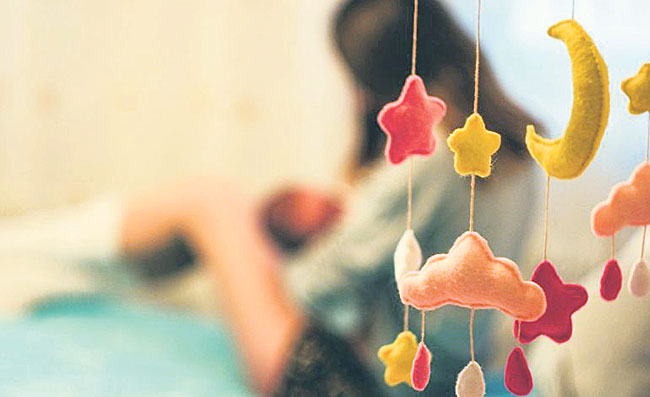
Human beings are no exceptions. A woman keeps her baby in her womb for nine months, bearing all pain and anxiety, waiting for the divine moment of child-birth. When the child is born, the mother is also born. Mother’s paradise revolves around baby’s smile and happiness. Neither physical changes nor psychological hormonal effects, nor work challenges, will ever weaken a mother’s love for her young ones.
A mother is she who can take the place of all others but whose place no one else can take. It is mother’s dedication for the baby that makes the mother-child bond the most precious, the sweetest and the truest one on earth. No doubt, mother is an angel God has sent to take care of every child when He himself is unable to do so. Therefore, mothers deserve heavenly worship, respect and prayers, just like the Almighty God.
Challenges too
As everything that glitters is not gold, maternity is also not pure bliss. In fact, the apparently beautiful motherhood is full of challenges. Life of both mother and child can be at risk in the absence of necessary love, care, support and education. On the one hand, women go through emotions such as anxiety, pain, fatigue, depression, weakness, weight gain, unknown fears, confusion and uncertainties during her motherhood.
On the other, there is also a probability of serious conditions including maternal and infant mortality during or post-delivery; pre-mature delivery; miscarriage in early stages; as well as other traumatic complications, inter alia, anemia, diabetes, postpartum depression, seizures and pulmonary embolism (blood clot in lungs). Thousands of mothers and children around the world, including in Nepal, still die from maternity-related complications. Lack of education and awareness; patriarchal social structure; superstitious and traditional cultures; and religious and narrow-minded lifestyles are responsible for this.
Governments must prioritize the protection of mothers (women) and children in their policies by promoting education, raising awareness, information-sharing, capacity-building, infrastructure development and increase in the number of skilled health professionals.
At the global level, in September 2015 at the UN, world leaders adopted the 2030 Agenda for Sustainable Development Goals (SDGs) with an aim to eradicate poverty in all its forms; to bring about global socio-economic and environmental development; and to protect and promote fundamental human rights. Among them, SDG 3 (access to health for all) and SDG 5 (promoting gender equality and women empowerment) are important for protection of the fundamental rights of women and children. Member States, including Nepal, have negotiated a resolution on sexual and reproductive health to implement the above-mentioned SDGs.
Zeroing in
Despite being a least developed landlocked country with limited access to financial, technological, institutional and other resources, Nepal’s policies have been consistent with the spirit of “no one left behind”. Prioritizing safe motherhood, Nepal has mainstreamed gender issues in all its national plans and programs including the Fourteenth Plan (2016/17- 2018/19). The plan focus is gender equality, easy access to sexual and reproductive health services, emergency health services mainly for gynecological conditions, as well as safe and healthy delivery.
Accordingly, significant progress has been made in reducing mortality and improving health in Nepal. In 2016, infant mortality rate dropped to 32/1,000, under-5 infant mortality rate to 39/1,000 and neonatal mortality rate to 21/1,000. By 2030, Nepal plans to further reduce these figures to 10, 22 and 10 respectively. Likewise, in 2015, the maternal mortality ratio (MMR) was reduced to 258/100,000, with the 2030 target of 70.
But this progress is not enough. Complete removal of maternal and child mortality should be the goal. Efforts to curtail such mortality and ensure safety for both mothers and children are a must. Our attitude of taking miscarriages and depression as normal and treating women as ‘baby machines’ needs to change, too, through greater emphasis on health and longevity of mother and children. After all, prosperous will be a nation whose vulnerable groups, mothers and children in particular, lead safe and healthy lives.
The author is First Secretary at the Permanent Mission of Nepal to the United Nations in New York.
You May Like This
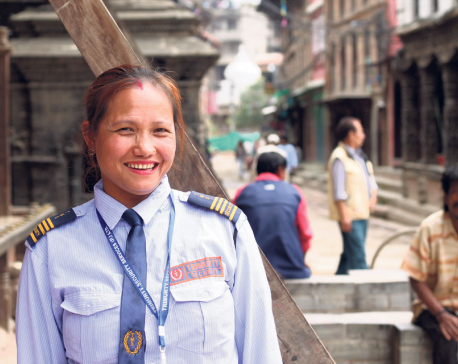
Souls of My City: Embracing happiness for the future
I never thought, I would get married to my school days crush. He was one year senior to me,” remembers... Read More...
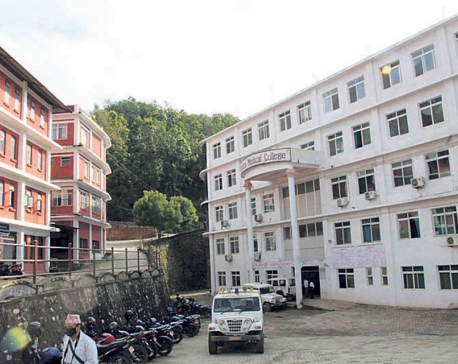
Citing losses, Lumbini Medical College exits safe motherhood program
PALPA, August 24: The only medical college in Palpa that distributed the safe motherhood allowance to new mothers has stopped doing... Read More...
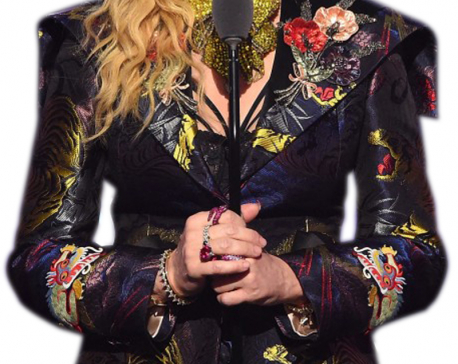
Motherhood is biggest challenge for ‘Woman of the Year’ Madonna
Madonna was presented on Friday with Billboard magazine’s Woman of the Year award, but the seven time Grammy Award winner... Read More...

Just In
- In Pictures: Families of Nepalis in Russian Army begin hunger strike
- New book by Ambassador K V Rajan and Atul K Thakur explores complexities of India-Nepal relations
- Health ministry warns of taking action against individuals circulating misleading advertisements about health insurance
- UAE secures spot in ACC Premier Cup final, defeating Nepal by six wickets
- NC to boycott Gandaki Province Assembly, submits letter to Speaker
- 850 grams of gold seized from Indian national at TIA
- Rupandehi District Court orders to release Dipesh Pun on a bail of Rs 400,000
- Teachers’ union challenges Education Minister Shrestha's policy on political affiliation











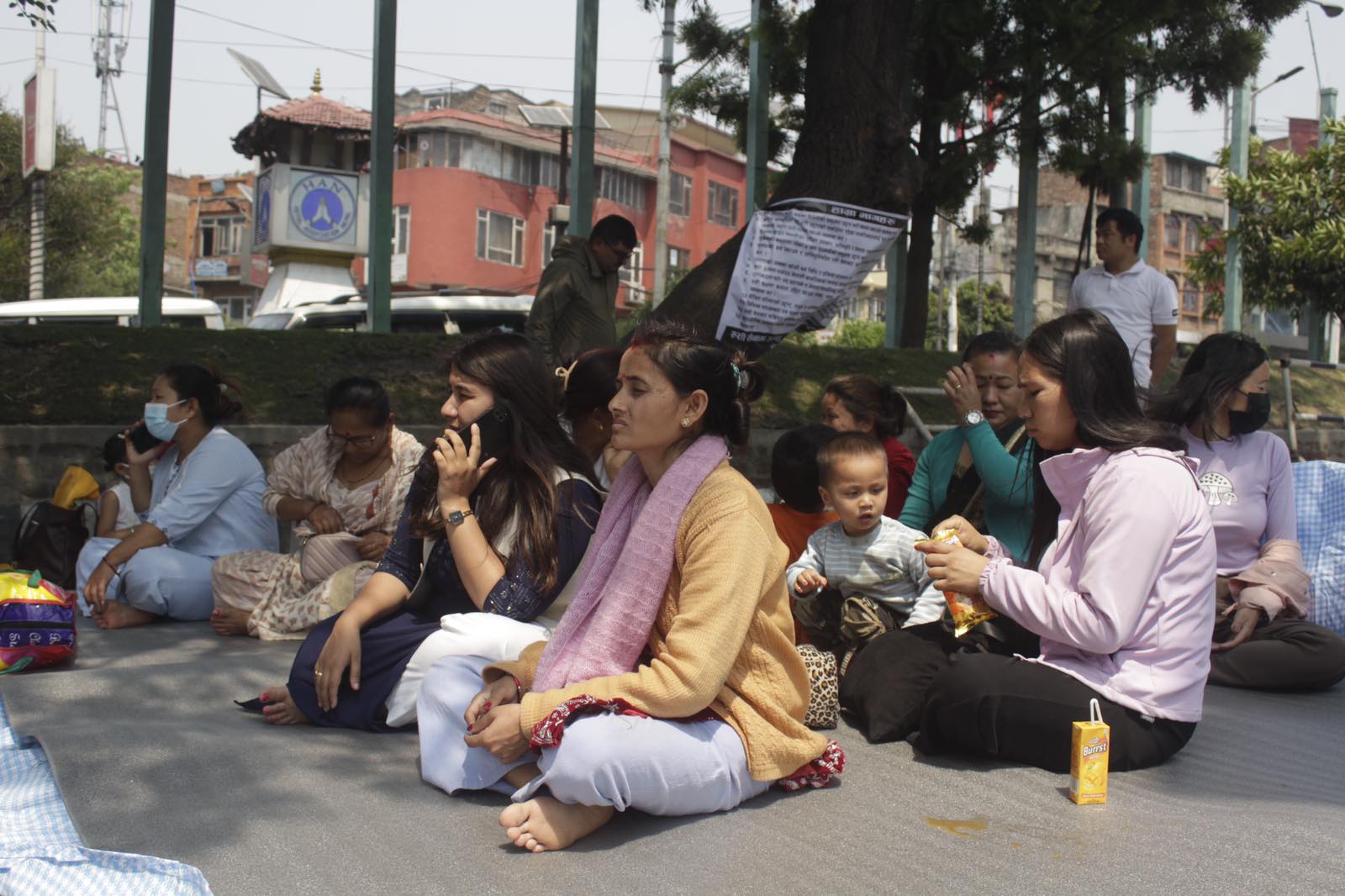
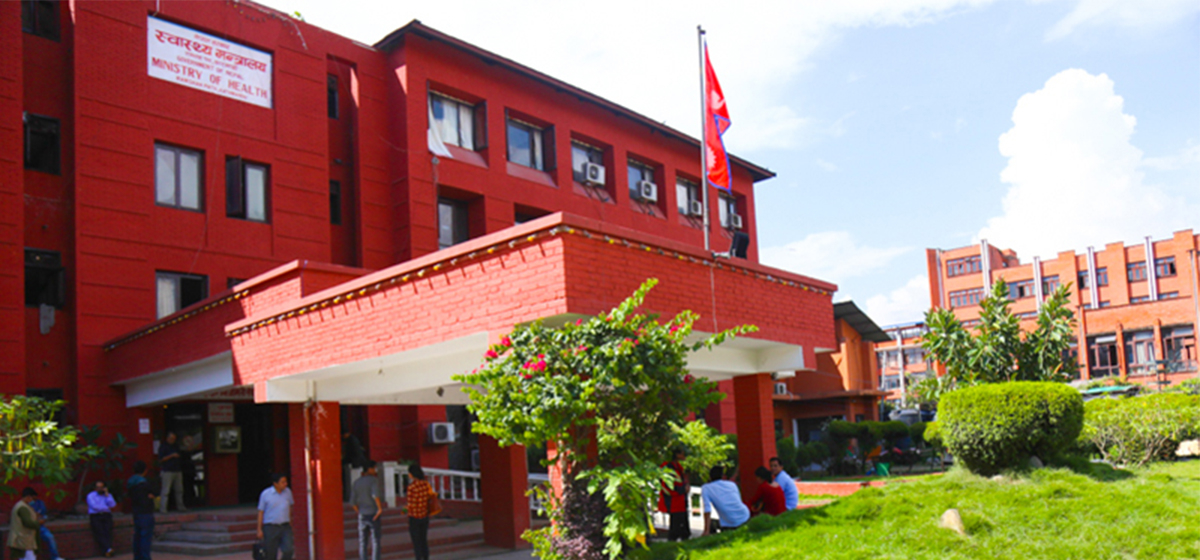
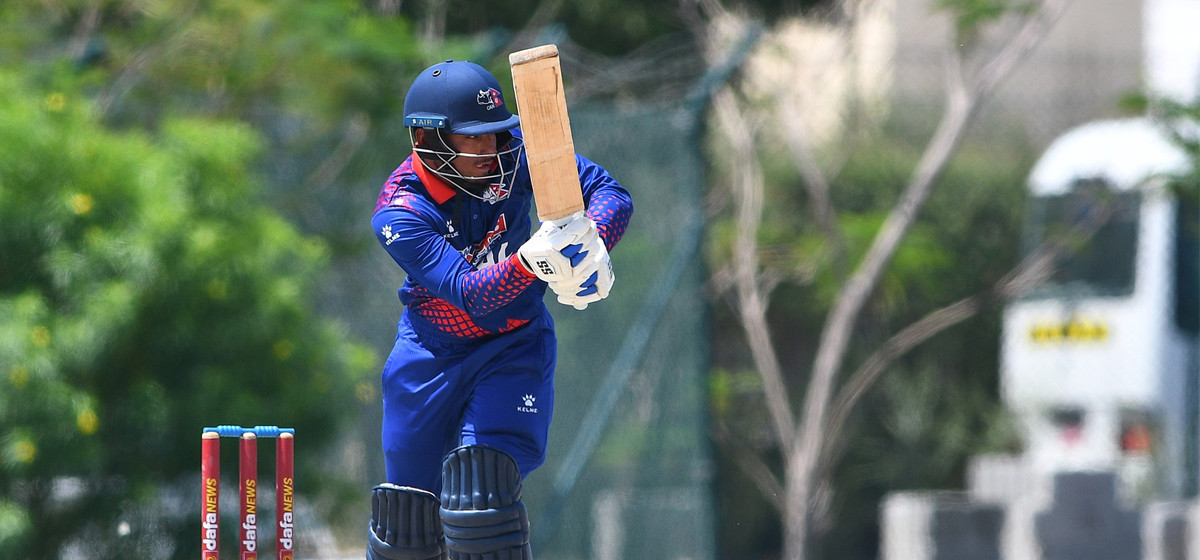
_20240311121839.jpg)

Leave A Comment